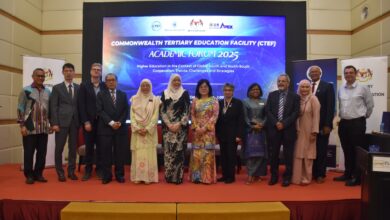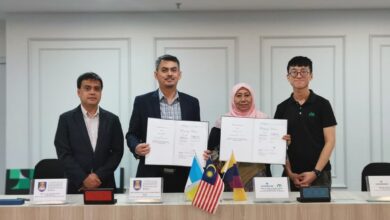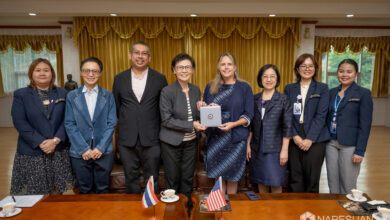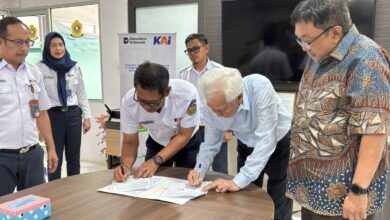NUS Enterprise and Microsoft launch innovative Generative AI Accelerate programme to nurture Asia’s next generation of AI start-ups
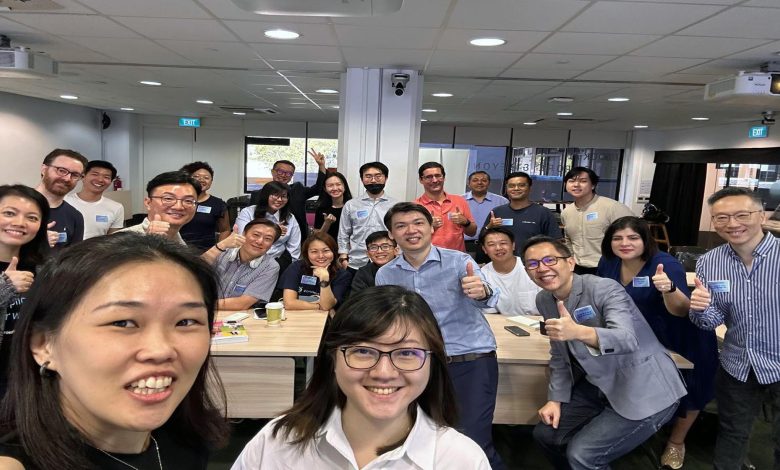
Entrepreneurship activities in the intersections of new generative artificial intelligence (Gen AI) models and internet technologies will drive innovation and shape the future of economies. At the forefront of this convergence is the new Generative AI Accelerate Programme to advance such start-ups – launched by NUS Enterprise through its flagship global start-up development platform BLOCK71, in collaboration with industry leader Microsoft.
By harnessing the capabilities of Microsoft’s cutting-edge AI technologies and platforms, participating start-ups gained unprecedented access to tools, support, and opportunities that enable them to push the boundaries of creativity and innovation. As part of the programme offered since March 2024, participants received expert advice on their integration and optimisation needs to build a sustainable technology stack for Gen AI, networked with mentors, investors and founders who are passionate about growing Gen AI in the region, and immersed themselves in the region’s vibrant start-up ecosystem through a four-month incubation period at BLOCK71’s Southeast Asian nodes.
Associate Professor Benjamin Tee, Vice President (Ecosystem Building) at NUS, explained, “The Generative AI Accelerate Programme seeks to identify and accelerate the growth of promising pre-Series A start-ups working on generative AI models with a unique intensive eight-week programme and 16-week support in our BLOCK71 Southeast Asian ecosystem. Working with Microsoft, we hope to nurture Asia’s next generation of AI start-ups through this programme.”
One of the start-ups selected for the programme is Lingosnap, an education technology app that was nurtured from the NUS ecosystem. Founded by two NUS graduates, Mr Phang Wei Jun and Mr Francis Lee, the start-up has greatly benefitted from several NUS Enterprise initiatives, including the Graduate Research Innovation Programme (GRIP), THE HANGAR, and BLOCK71. As an educational app, Lingosnap has also leveraged the University’s resources and expertise, drawing on advice from established professors.
A visual-based language learning app, Lingosnap enables users to learn new languages by taking photos of objects and landmarks. This innovative method provides an engaging and interactive way to acquire practical language skills on the go, teaching words, phrases, and sentences through the camera of a mobile device. These capabilities demand sophisticated generative AI technologies, and through the Generative AI Programme, Lingosnap has significantly augmented its platform’s capabilities and enhanced user experiences.
Lingosnap’s co-founder Mr Francis Lee found the programme to be very useful, sharing that it has equipped Lingosnap with the essential resources and knowledge to innovate and market its products. “The programme’s technical expertise in AI, machine learning, and NLP (natural language processing) have been instrumental in helping Lingosnap refine our language learning products. Their guidance on business development, particularly in market research and go-to-market strategies, have also been invaluable in ensuring our products reach the right audience,” he said.
Find out more : NUS News

